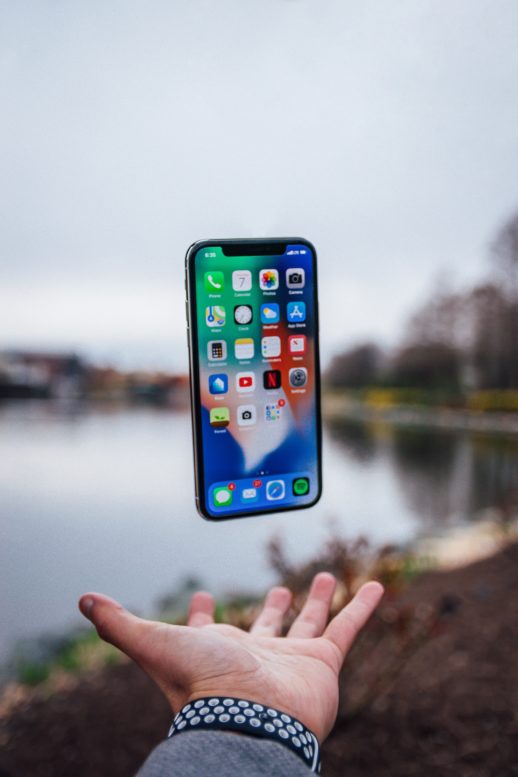
Did you know that anxiety is normal? It actually can be a good thing because it means you are paying attention. Whether we internalize or externalize it, everyone deals with it differently. Most people actually experience it from an early age. According to the Anxiety and Depression Association of America, almost 18% of American adults have an anxiety disorder. That is practically 40 million people! The key to managing your anxiety is first acknowledging it. We have provided a guide to help during these stressful times.
Identify Your Triggers
Anxiety triggers will be different for everyone. Caffeine, alcohol, driving/traveling, genetics, and a stressful work environment are common triggers. Once identified, you should try to limit your exposure. Being hyperaware can help you avoid certain situations. If you can’t limit exposure, you may try consulting a therapist to help with changing negative thought patterns using CBT, or even just talking to a professional regularly.
Put Things Into Perspective
Often times our minds spiral and blow things out of proportion. If you find yourself going down the rabbit hole, measure the situation. Imagine a scale with one side being the more reasonable outcome, and the other the out-of-control option your brain has formulated. Chances are, whatever you are worrying about is much closer on the spectrum to the reasonable outcome. This should help you steer yourself back onto the path of positive thinking.
Drink Lots of Water
Hopefully you do this already, but dehydration can spur panic attacks. Be sure to hydrate to avoid those pitfalls and manage your anxiety effectively.
Exercise Daily
Anxiety oftentimes spikes while we are inactive. Getting even 30 minutes of exercise a day will help relieve tension and release endorphins.
Establish A Sleep Schedule
Sleep studies have shown the average adults needs 7-9 hours a night. It is also best to be asleep anytime between 8 and 12. When we are rested we are our best selves! Setting a routine can help manage your stress better. A sleep schedule is one more thing you can control, which can lessen anxiety.
Key Takeaway
We are lucky to live in a time where anxiety is normalized now more than ever. Above all, you need to do what is best for you, whether that be simple DIY tricks, counseling, or medication. We want to help in any way we can, and hope we have provided a helpful guide for managing your anxiety!

